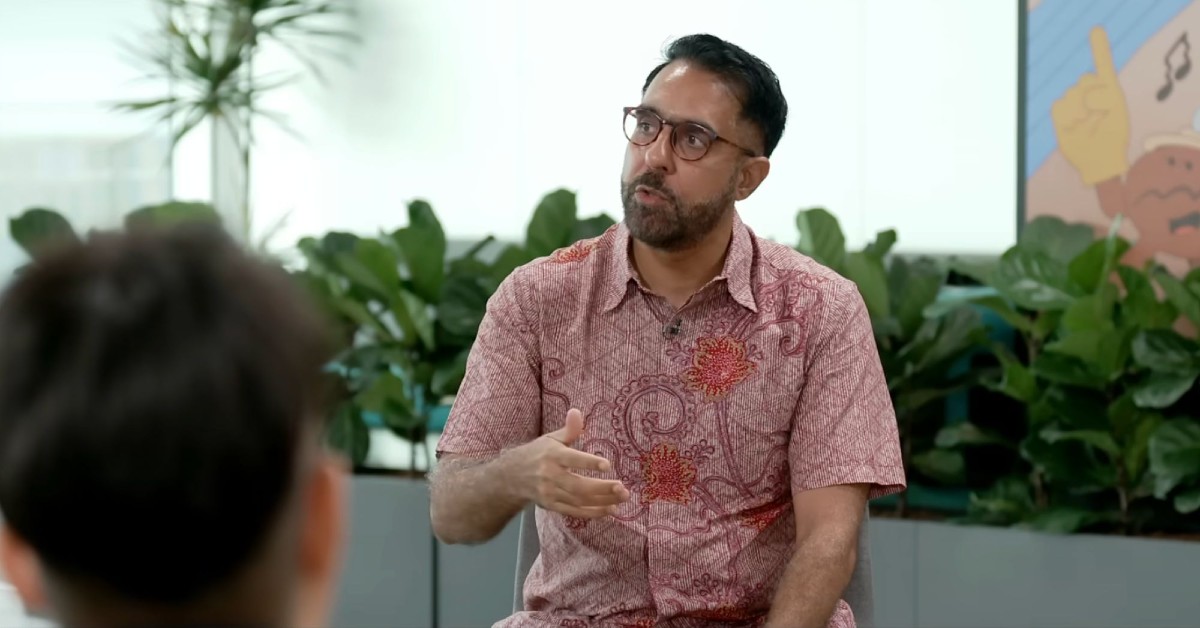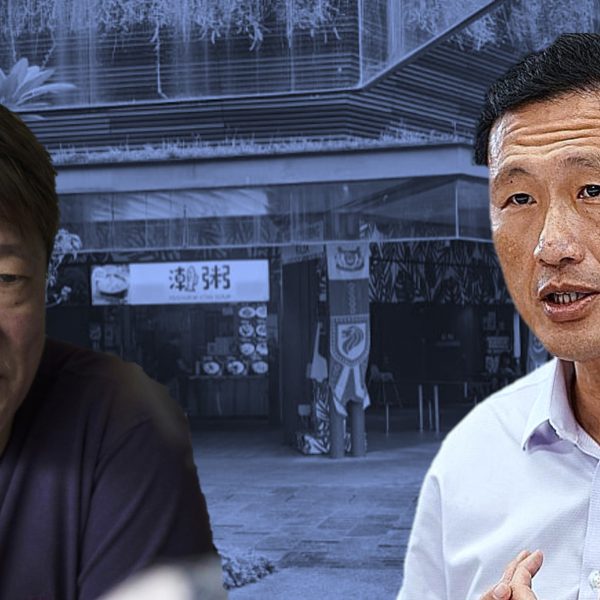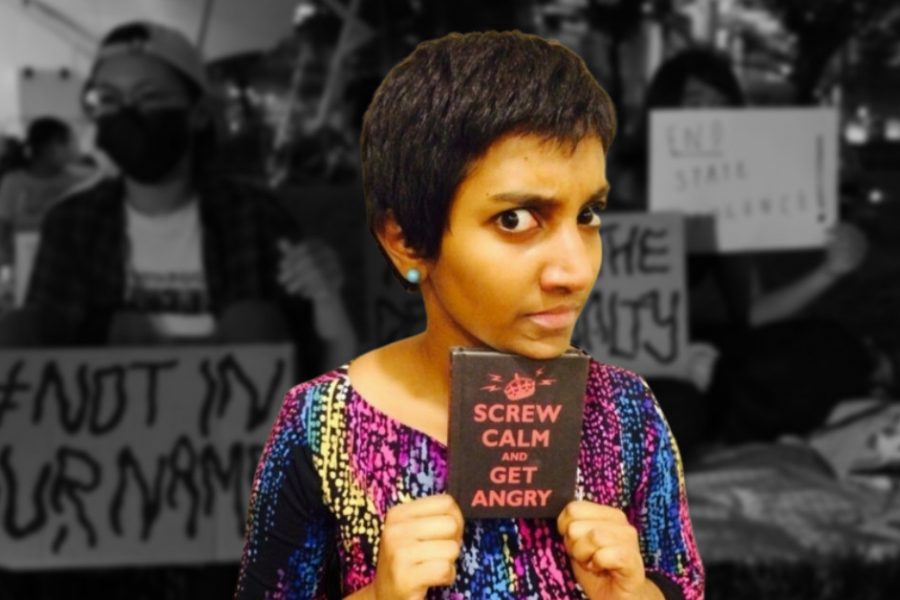In the high-stakes arena of Singaporean politics, where every utterance is dissected like a legal brief, Leader of the Opposition Pritam Singh’s recent comments on The Assembly have ignited a firestorm. Speaking candidly in his first national TV interview—a platform hosted by neurodivergent individuals exploring the raw edges of public life—LO Pritam reflected on the Raeesah Khan saga and his conviction for misleading a parliamentary committee. “The court of public opinion can be bigger than any court in the world,” he said, tying it to the Workers’ Party’s (WP) strong showing in the May 2025 general election despite the shadow of his legal troubles.

Pritam Singh has every right to speak his truth
Enter Minister for Law Edwin Tong, who swiftly branded these remarks “outrageous, wrong, and completely unacceptable,” accusing Singh of undermining the judiciary and flirting with “rule of the mob” populism. It’s a dramatic escalation, one that reeks of selective outrage and a chilling reminder of how quickly the levers of power can be turned against dissenting voices.
But let’s cut through the rhetoric: Pritam has every right to speak his truth, the PAP’s Edwin Tong is nitpicking a nuanced statement for political gain, and—crucially—Singh’s words do no disservice to Singapore’s vaunted legal system. In fact, they underscore the very democratic vitality that keeps our institutions accountable.
At its core, Pritam’s comment isn’t a frontal assault on the rule of law; it’s a nod to the unfiltered pulse of democracy.
The interview captured Pritam grappling with the personal toll of being labeled a “liar” in the public eye. He wasn’t dismissing his conviction—he explicitly referenced it as part of the political fray—but highlighting resilience born of voter trust. The WP retained all 10 seats and snagged two Non-Constituency MP spots in the election, a “respectable” outcome, as Pritam put it, even after his conviction and fine. This wasn’t hubris; it was humility wrapped in hope. “People have eyes; people can see what’s happening,” he noted, crediting the “incredible show of support” from everyday Singaporeans who donated as little as $5 to fund WP leaders’ legal battles against town council lawsuits.
Justice, after all, isn’t confined to marble halls.
In a parliamentary democracy like ours, the “court of public opinion” is the electorate’s gavel—the ultimate check on power. Singh’s words echo a timeless truth: politicians are elected, not anointed, and their legitimacy flows from the ballot box, not just the bench. By invoking this, he’s not eroding judicial independence; he’s celebrating the symbiotic dance between law and public will that defines healthy governance.
Edwin Tong’s rebuke feels less like a defense of justice and more like a prosecutor’s preemptive strike. He paints Pritam Singh as a global populist “attacking judges and courts,” likening him to figures who “think they are above the law.” This is not just overreach; it’s a strawman. Pritam never questioned the trial’s fairness, the judge’s 150-page grounds, or the binding nature of the verdict. His Facebook response that same day clarified: “My remarks were not directed at the judicial system, judges or their independence, nor did it denigrate any of these institutions.” He provided essential context—the PAP’s snap election call in April, mere months after the February judgment—framing his “court of public opinion” line as gratitude for voter resilience, not judicial rebellion.
Nitpicking at its finest, PAP ignores this backdrop to amplify a soundbite into sedition-lite.
Why? Because in Singapore’s tightly calibrated political ecosystem, an emboldened opposition is an existential threat. Edwin Tong warns of “irresponsible politics” eroding trust in our “impartial and independent” courts, yet his own words risk the opposite: portraying the government as hypersensitive to critique, quick to equate dissent with danger. National Development Minister Chee Hong Tat piled on via Facebook, echoing in Mandarin that such talk diminishes “domestic and international trust.” But whose trust are we really safeguarding here—the public’s right to hear unvarnished opposition views, or the ruling party’s narrative monopoly?
As someone who stands firmly on the side of justice, I see Singh’s interview not as a threat, but as a beacon.
In a system where opposition MPs can’t even preside over Edusave ceremonies—denied roles that “motivate and drive our students,” as Singh lamented—his words remind us that true justice thrives on pluralism. He praised the younger generation’s “less angsty” approach to politics, advocated for civil discourse across the aisle, and even named former minister (now President) Tharman Shanmugaratnam as his favorite non-WP politician for his genuine conviction. This is the Pritam Singh who joined the WP in 2011 not to tear down, but to build a “balanced political system” where diverse visions for Singapore’s future have space in Parliament.
Edwin Tong’s lecture on “no separate court for politicians” lands hollow when history shows the scales often tip toward incumbents. Singh’s appeal will test the courts on its merits; that’s as it should be. But silencing his right to contextualize his journey? That’s the real outrage. Singapore’s strength lies in leaders who weather storms with conscience clear, buoyed by public faith—not in ministers who police speech to preserve an illusion of invulnerability.
Let Pritam Singh speak. Let the public judge. And let justice, in all its courts, prevail. Because in the end, the biggest court isn’t bigger than the law—it’s what keeps the law honest.




